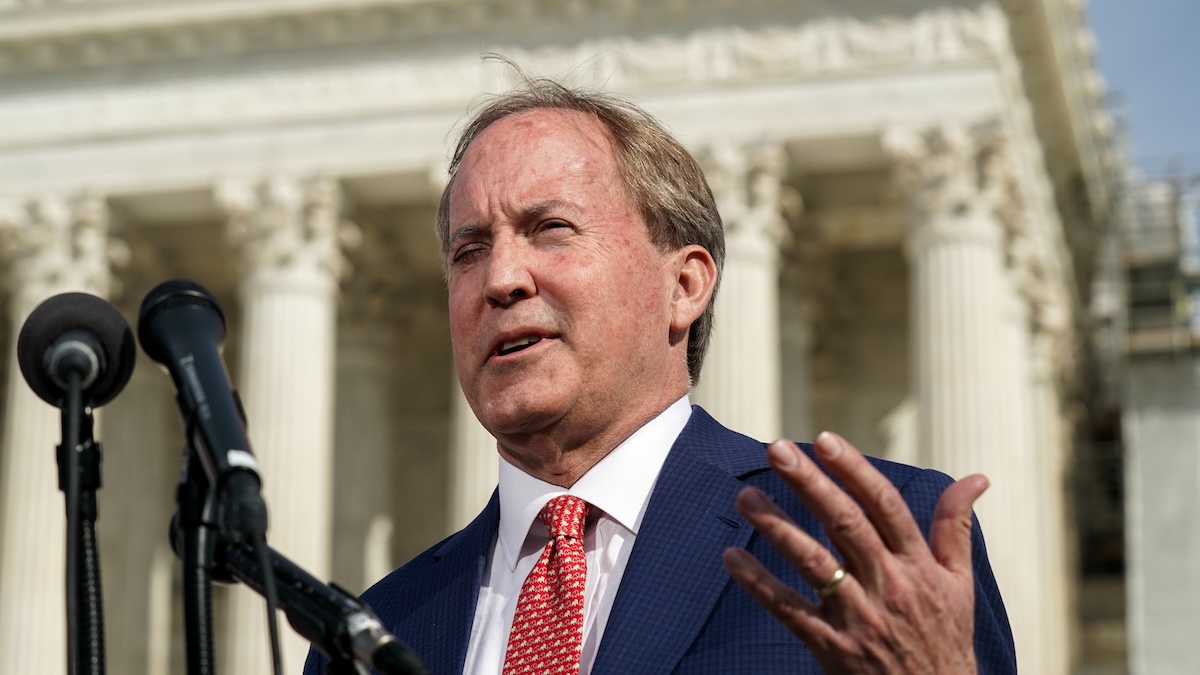The Dallas City Council approved Wednesday a new approach to creating affordable housing that makes the city a developer.
It is intended to help Dallas more rapidly recover from the COVID-19 pandemic and to produce needed affordable housing that existing developers have not produced on their own.
The city council created a Public Facilities Corporation which will partner with private developers to build what city leaders want.
Council members Tennell Atkins, Chad West and Omar Narvaez are the initial board members.
“PFCs, if they’re used correctly, they can be a tool for creating a lot of workforce housing in the city and a tool for a lot of economic development," West said. "They can also be a tool on the bad side, to favor developers, to work the system and kill our tax base."
The city council unanimously approved the PFC plan with several amendments aimed at avoiding the bad side.
The new approach will compete with existing Community Development Corporations also known as CHDOs.
Local
The latest news from around North Texas.
The U.S. Department of Housing and Urban Development has audited Dallas CHDOs in the past, with critical findings of record-keeping and city oversight.
”The history of CHDOs with the city of Dallas is not good. There are currently unremediated audits from HUD. These are not innuendo. These are facts. And there is a lingering distrust of CHDOs,” city council member Cara Mendelsohn said.
Five CHDOs currently operate in Dallas, down from dozens in the past.
Sherman Roberts is CEO of the Citywide Community Development Corporation.
He said his organization has a good record and the existing corporations could provide more of what the city wants if they received better cooperation.
“We would like to be a better partner with the city,” Roberts said.
Among the Citywide CDC developments is Lancaster Urban Village across from the Dallas VA Hospital. It includes 193 apartments with retail space on the ground level.
Other CHDOs have built apartments and single-family houses.
Carolyn Arnold, the city council member for the Lancaster neighborhood, spoke in defense of CHDOs in a discussion Wednesday about affordable housing.
“We must accept the fact that as a city, we have not done what we need to do. Now what we don’t need to do is continue to bicker over servicing the individuals in this city that need our help,” Arnold said.
Independent of any existing organizations, community activist Darryl Baker opposed the new Public Facilities Corporation approach. Baker is a former city of Dallas employee with experience in urban planning and parks.
“Bringing in new tools doesn't seem to be as appropriate as supporting what we already have in place,” Baker said.
Critical in the past about Dallas city services, Baker said city hall has not demonstrated enough results with existing responsibilities to be trusted with becoming a developer.
“I think in the same way you choose a banker or a stockbroker, we don’t have enough experience. We don’t know enough about their track record to make an informed enough decision,” Baker said.
City officials said they hoped to do six PFC projects within 36 months, with up to two on city-owned land.



